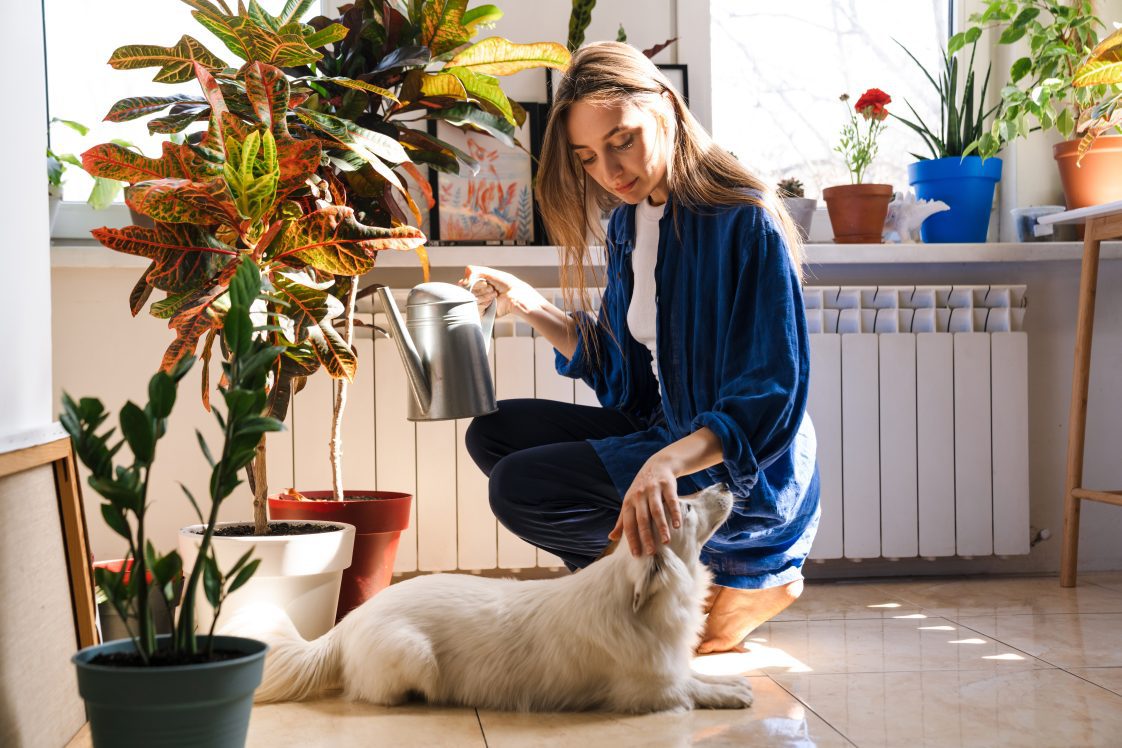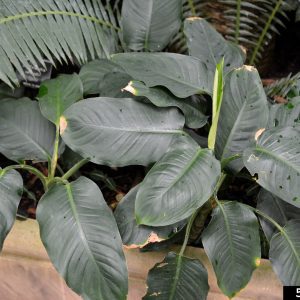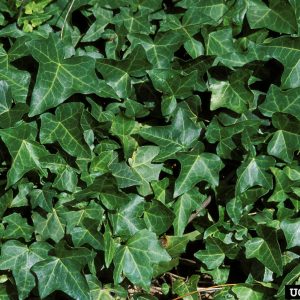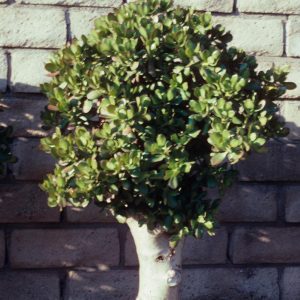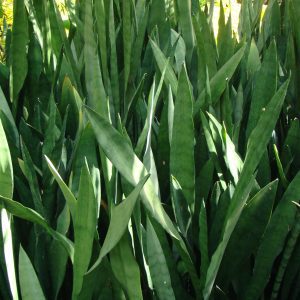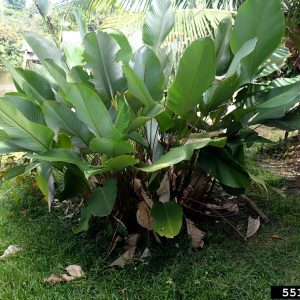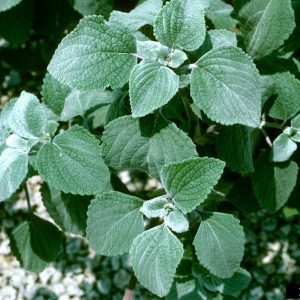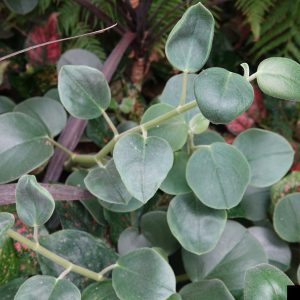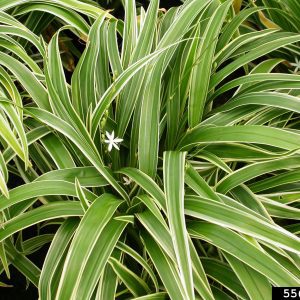Home & Family

AUBURN UNIVERSITY, Ala. — For some people pets are like family. They provide love and support that is important for a family bond. The same way parents protect their children, furry, four-legged family members require some of the same precautions. To keep them safe, make sure to choose home décor that won’t make them sick.
There are several plants that have the potential to be harmful to pets. Although these plants can be toxic to pets, there are no known cases of these plants causing harm to dogs or cats. The best way to avoid a tragic pet accident is to ensure pets are not left unattended in new environments.
The Basics
According to Alabama Cooperative Extension System Master Gardener Program Coordinator Kerry Smith, everyone needs to learn some plant basics.
“Every plant is different, some need more sun, some need more shade,” Smith said. “Their water, soil, space and temperature requirements differ too. A plant grown in the right place will provide longer enjoyment for the gardener.”
She adds that plants are not only beneficial to the eye, but also to human health. Plants can help keep people mentally and physically healthy by providing better air quality, increasing ambient humidity and helping people relax.
The idea that every plant is different also relates to our canine or feline friends. Depending on which species is chosen, they can be harmful to pets.
“If you enjoy gardening indoors and have pets, it’s also important to consider your pet’s natural curiosity for their surroundings,” Smith said. “Learn more about each plant’s toxicity or safety before bringing home new indoor plants.”
Dangerous Plants
Dumb Cane
Dumb cane, scientifically known as Dieffenbachia spp., is a plant with large, variegated leaves. It is known to cause mouth and throat irritation, difficulty swallowing, nausea, vomiting and upset stomach. It can even be fatal if ingested in large quantities.
English Ivy
A plant often used in hanging baskets, English ivy (Hedera spp.), is a trailing plant known for having long, free-hanging stems. This species causes severe vomiting or diarrhea if ingested. If you are hunting a decorative plant for hanging baskets, see Swedish Ivy below.
Jade Plant
A miniature tree-like species, Jade plant (Crassula argentea) has fleshy, succulent leaves. Skin contact with this plant may cause rash or burning sensation and ingestion often causes gastrointestinal issues.
Snake Plant
Famous for being nearly foolproof to grow, snake plant (Sansevieria trifasciata), can also cause a burning sensation or rash if in contact with skin. Vomiting and diarrhea are caused by ingestion of this species.
-
Dumb Cane
Shaun Winterton, Aquarium and Pond Plants of the World, Edition 3, USDA APHIS PPQ, Bugwood.org
-
English Ivy
James H. Miller, USDA Forest Service, Bugwood.org
-
Jade Plant
Crassula ovata John Ruter, University of Georgia, Bugwood.org
-
Snake Plant
Rebekah D. Wallace, University of Georgia, Bugwood.org
Safe Plants
Prayer Plant
Also known as the peacock plant, the prayer plant (Calathea picturata) has many varieties. Its leaf colors range from silver to rose to deep purple.
Swedish Ivy
This species can be deceiving because of its common name similarity with English ivy. Several other plant species are called Swedish ivy, but only Plectranthus australis and P. forteri are the safe plants for pets. Be sure to look for these names when purchasing a Swedish ivy plant. These grow well in multiple container types and are a pet-safe substitute in hanging baskets.
Peperomia
Even though this plant sounds like it belongs on a pizza, it is, in fact, a popular indoor plant. Peperomia (Peperomia spp.) has many varieties with different leaf types, colors, textures and sizes. Each of them is safe should pets take a nibble.
Spider Plant
Don’t worry, this plant will not spawn spiders, nor will it attract them to your home. The spider plant (Chlorophytum comosum) is an easy plant to propagate. It produces specialized stems, or stolons, that grow plantlets. By cutting off the plantlets and potting them, anyone can grow their own spider plants to share with friends or family.
- Prayer Plant, Whitney Cranshaw, Colorado State University, Bugwood.org
- Swedish Ivy, John Ruter, University of Georgia, Bugwood.org
- Peperomia, Rebekah D. Wallace, University of Georgia, Bugwood.org
- Spider Plant, Shaun Winterton, Aquarium and Pond Plants of the World, Edition 3, USDA APHIS PPQ, Bugwood.org
Making the Best Choice
These plants are just a few examples of how commonly planted ornamentals and shrubs can potentially be toxic for furry friends. Be sure to reach out to your local Extension expert to make sure a plant will not harm a pet before planting or potting.
More Information
For more information on plant species, visit the Alabama Extension website at www.aces.edu.

